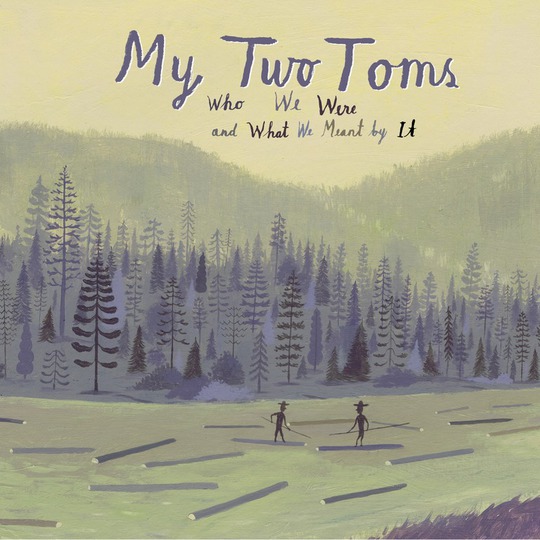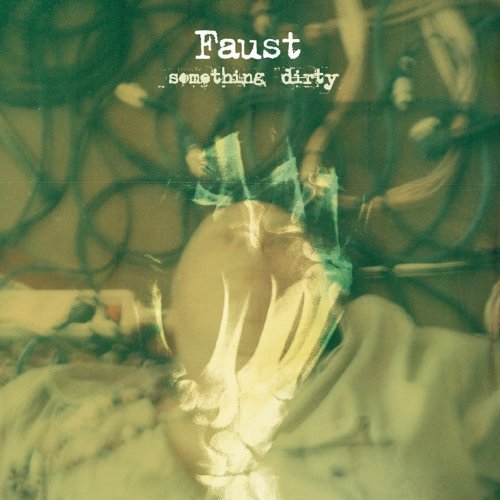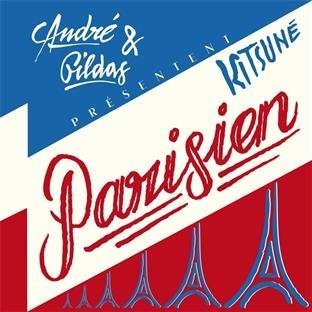The march of Mumford & Sons goes on. Like some lorry whose driver has fallen asleep at the wheel, the juggernaut ploughs blindly ahead. They played the Grammys. They played the Grammys with Bob Dylan. I’m not sure what’s worse, that Mumford played with Dylan, or that Dylan agreed to it. Probably the latter. Whichever, we can safely say that this was the moment when folk music died. Or rather, folk music as Dylan and his Sixties cohorts saw it; or perhaps as Mumford and his partners in crime see Sixties folk.
Of course it’s impossible to pin down what folk means. Such a search for meaning inevitably comes down to: what does it mean for you. Yet we can identify the folk revival’s appeal: a return to some kind of honesty. In the Sixties the early blues and folk records were seen as somehow purer, more real. And that clear honesty of emotion passed on into Dylan’s early records, became their defining trait. 'Song To Woody' might be the most heartbreakingly honest song ever written. In Dylan’s typically dishonest fashion of course - appropriating the past, an image, but doing so knowingly, honestly.
Mumford represent the death of this honesty, both in the meta sense that Dylan defined, and the original ‘honesty’ of the early folk players who wrote and covered songs to make a living. Four British upper middle class city boys, dressed as American country-bumpkins, singing about…singing about what? Stephen M. Deuser succinctly pointed out that Mumford sings the line ‘I’ll go out and get my gun’ “like a man who had never handled a firearm in his life”. Mumford are a cipher – a parade of surface images, signifiers that infer authenticity (banjos, waistcoats, beards) without any interior content.
My Two Toms are the anti-Mumford. Two guys called Tom who make what we can still loosely describe as folk music. They play guitar and banjo, finger-picking and strumming. Who We Were And What We Meant By It is their third record, their first for seven years, and a beautiful one at that. When ‘folk’ in the singer-songwriter sense is reduced to phone advert platitudes, looking further back, or sideways, into the folk canon makes sense. My Two Toms make instrumental folk music bourn out of the Takoma heritage - Fahey’s raw, haunting compositions are the starting point here, notably on a track like ‘Clementine’, with its simple, plucked melody. Jack Rose’s more recent work also comes close – ‘Louden’ has a rhythmic, rag-time feel to it.
And yet, the honesty of My Two Tom’s music doesn’t just come from its indebtedness to ‘folk’, whatever that means nowadays. As part of the vibrant Bristol scene - sharing members with the equally awesome I Know I Have No Collar, for example – their music has a similar clarity to that of Francois and the Atlas Mountains: ‘Lullaby For John’ could be a Francois instrumental piece. Indeed, My Two Toms have more in common with Maher Shalal Hash Baz than Bob Dylan, their music infused with a refreshing naiveté. Or maybe like the solo work of David Herman Dune, who has expressed admiration for the band. Album closer ‘I Was At School’ is heartbreakingly sincere; shorn of vocals, My Two Toms’s music has a wonderful clarity of feeling.
What does folk mean today? Very little, in truth. For me, it means real music played by real people. Lacking in artifice. To that extent, one of the ‘folkiest’ statements of recent years was made by a now electronic artist, Panda Bear (who twice, incidentally, made amazing acoustic records) – “coolness is having courage…to do what’s right.” Mumford have no such courage, only naked business nous. My Two Toms’s simple, affecting music has courage by the bag-full. I know which I prefer. If folk died this week, let’s dance on its grave.
-
8Sam Lewis's Score






















